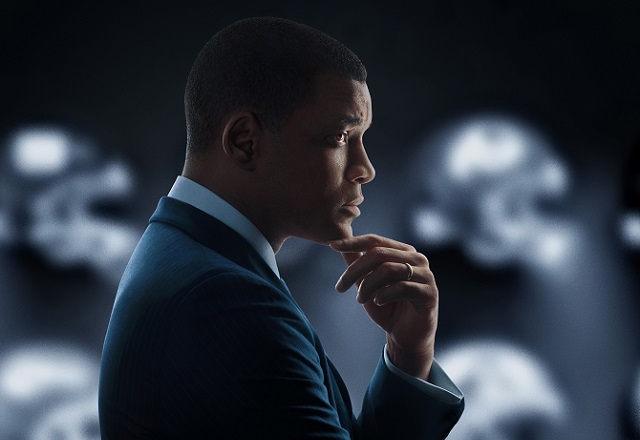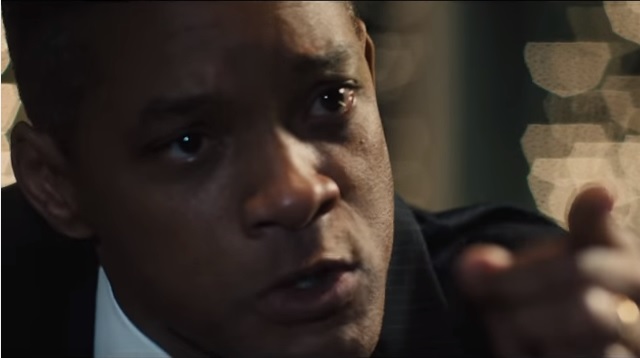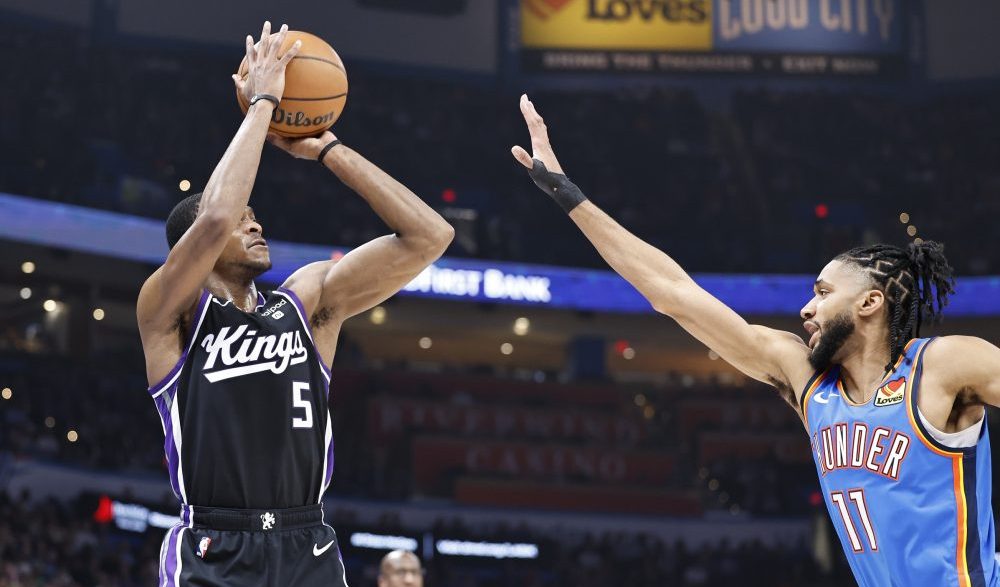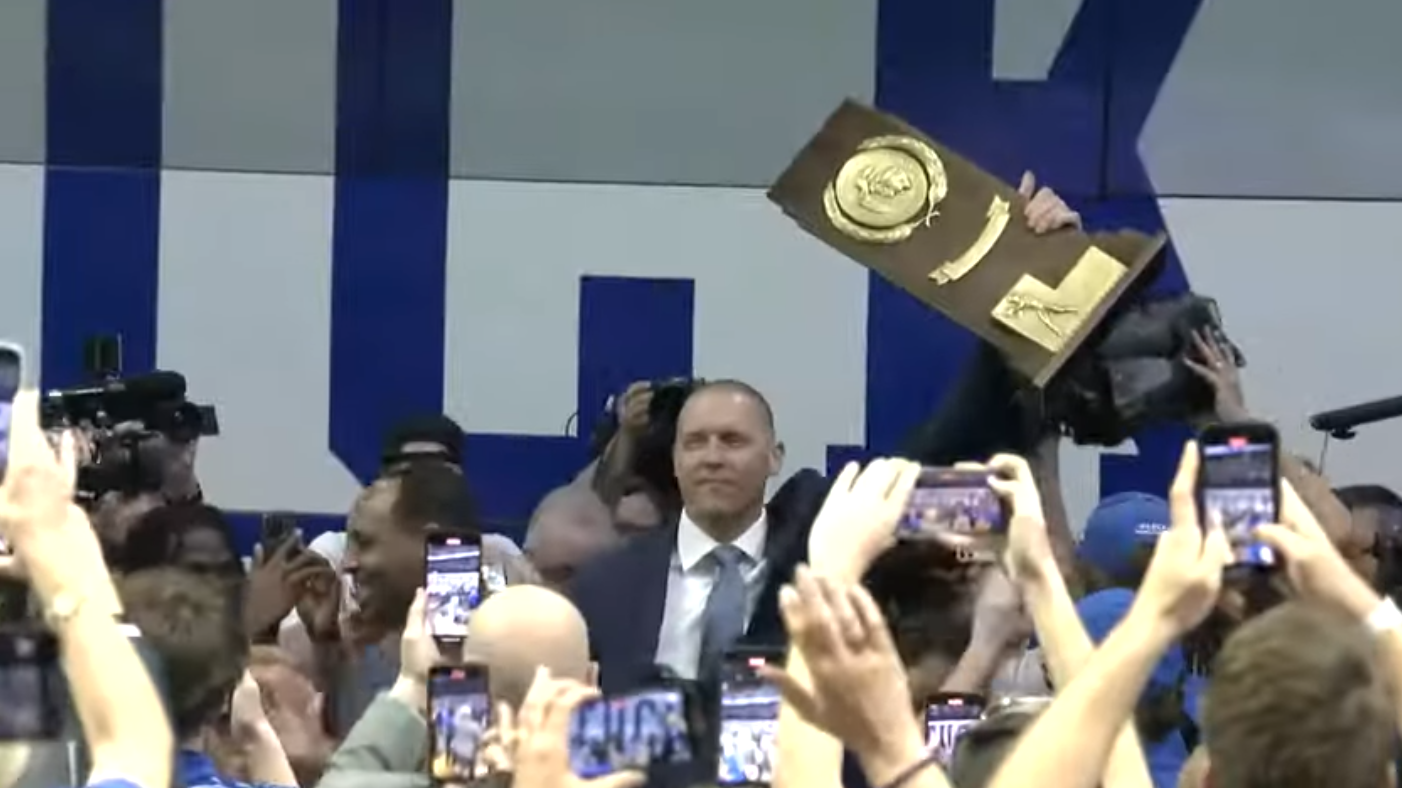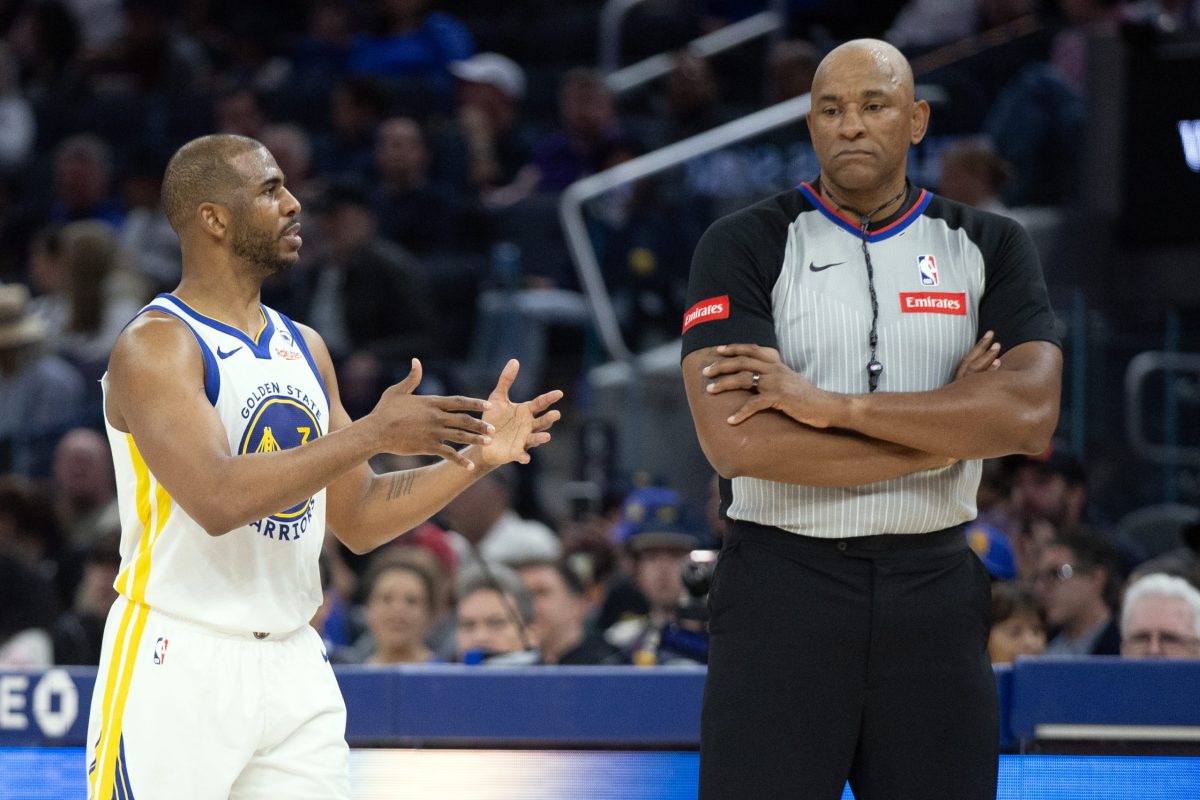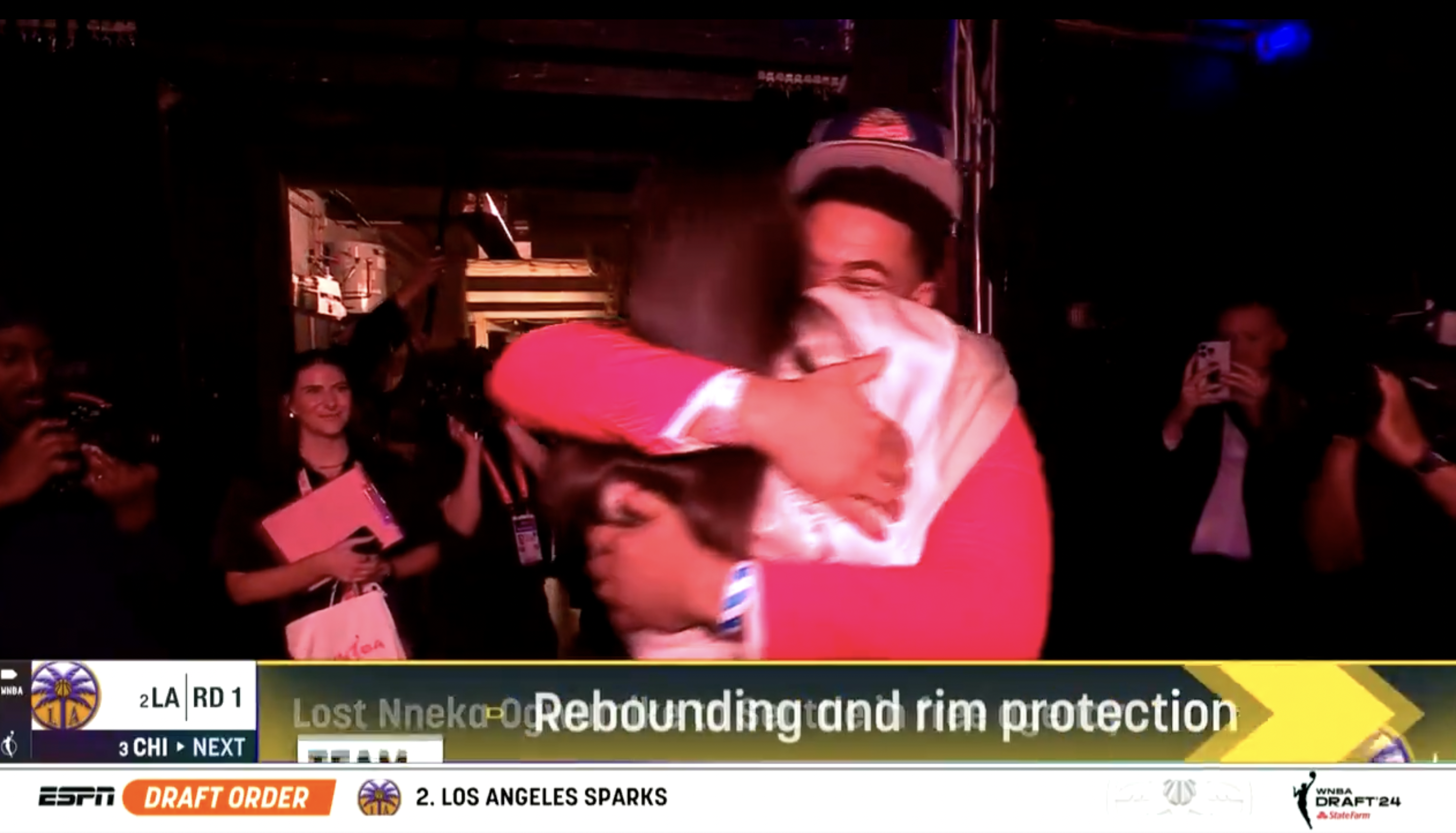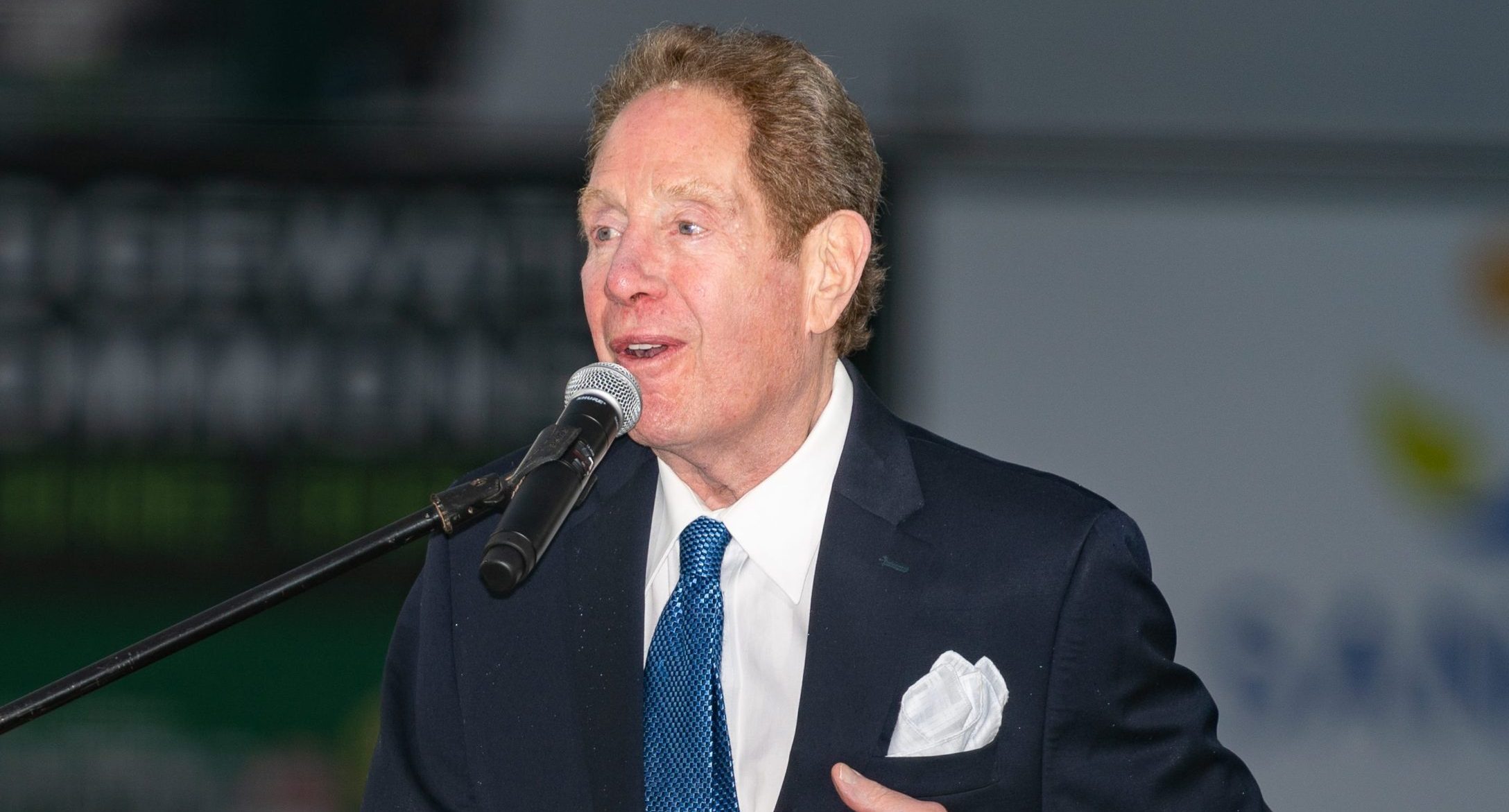With seven major movie releases during the Christmas holiday, along with the juggernaut that is Star Wars: The Force Awakens already in theaters, there were bound to be some big losers at the past weekend’s box office. But was Concussion expected to be one of them?
What was Sony thinking in releasing this movie during a time on the calendar when family-friendly fare and franchise blockbusters tend to rule the cinema? Sure, there is also an appetite for Academy Award contenders late in the year. And Sony surely hoped a film about the man who discovered degenerative brain disease caused by repeated head trauma in NFL players, headlined by mega-star Will Smith, would be both popular and critically acclaimed.
As it turns out, audiences weren’t terribly interested in watching a grim drama about the hazards of playing professional football and the NFL’s efforts to discredit Dr. Bennet Omalu’s discovery of CTE (chronic traumatic encephalopathy) in former players suffering from depression, memory loss, anger, and impaired motor function.
Concussion finished seventh at the weekend box office, grossing $10.5 million. Reviews were mixed as well, with the film drawing a 61 percent positive rating among critics on Rotten Tomatoes and a 56 score at Metacritic.
Those who didn’t see Star Wars opted to laugh at Will Ferrell and Mark Wahlberg in Daddy’s Home ($38.7 million) or marvel at the continued excellence of Jennifer Lawrence in Joy ($17 million). Tina Fey and Amy Poehler (Sisters, $14 million), along with Alvin and the Chipmunks (The Road Chip, $13 million) also outgrossed Concussion in theaters in their second week of release. The adult audience that Sony was hoping to attract mostly chose Wall Street dramedy The Big Short, which barely finished in sixth place (and had the advantage of opening on the Wednesday before Christmas).
So by any measure, barring large box office numbers overseas (which seems unlikely, despite Smith’s presence, because the subject matter is largely tailored to U.S. audiences) or on home video (also unlikely, since the movie wasn’t successful in theaters), Concussion appears to be a major flop for Sony.
In an interview with The Daily Beast, HBO’s Bryant Gumbel may have summed up the general sentiment toward Concussion when he said, “The mere fact that the NFL is not suing them means the movie’s not very good.” But even if the film had been more bold and daring in its scrutiny and criticism of the NFL and commissioner Roger Goodell, would fans have been more interested? And those who might have been intrigued by the story of a whistle-blower taking on a giant institution don’t appear to have been compelled either. Or if they were, the sheer number of other movies available to watch severely reduced that potential audience.
That brings us back to our original question: Why did the studio release this movie at Christmas? Would Concussion have stood a far better chance with audiences had it been released around the Super Bowl in February? What if it hit theaters in the fall, when the NFL season was beginning, curiosity among fans was at a peak and most of the summer blockbusters have faded out? A summer release was also a possibility. Give football-starved fans something when there are no games to be seen. Capitalize on Smith’s star power. Of course, running into a different franchise blockbuster, one likely headlined by superheroes, could have pummeled its box office chances as well.
But in any of those other instances, Concussion would have had theaters to itself for at least one week and an opportunity to gobble up news and entertainment coverage. The movie wouldn’t have had to battle six other competitors at the box office, nor get steamrolled by the Star Wars behemoth in theaters and cultural conversation. Instead, Sony eyeing awards consideration seems to have made this a losing project for everyone involved. In retrospect, that grab for affirmation and glory killed any chances for the movie to be a success.

